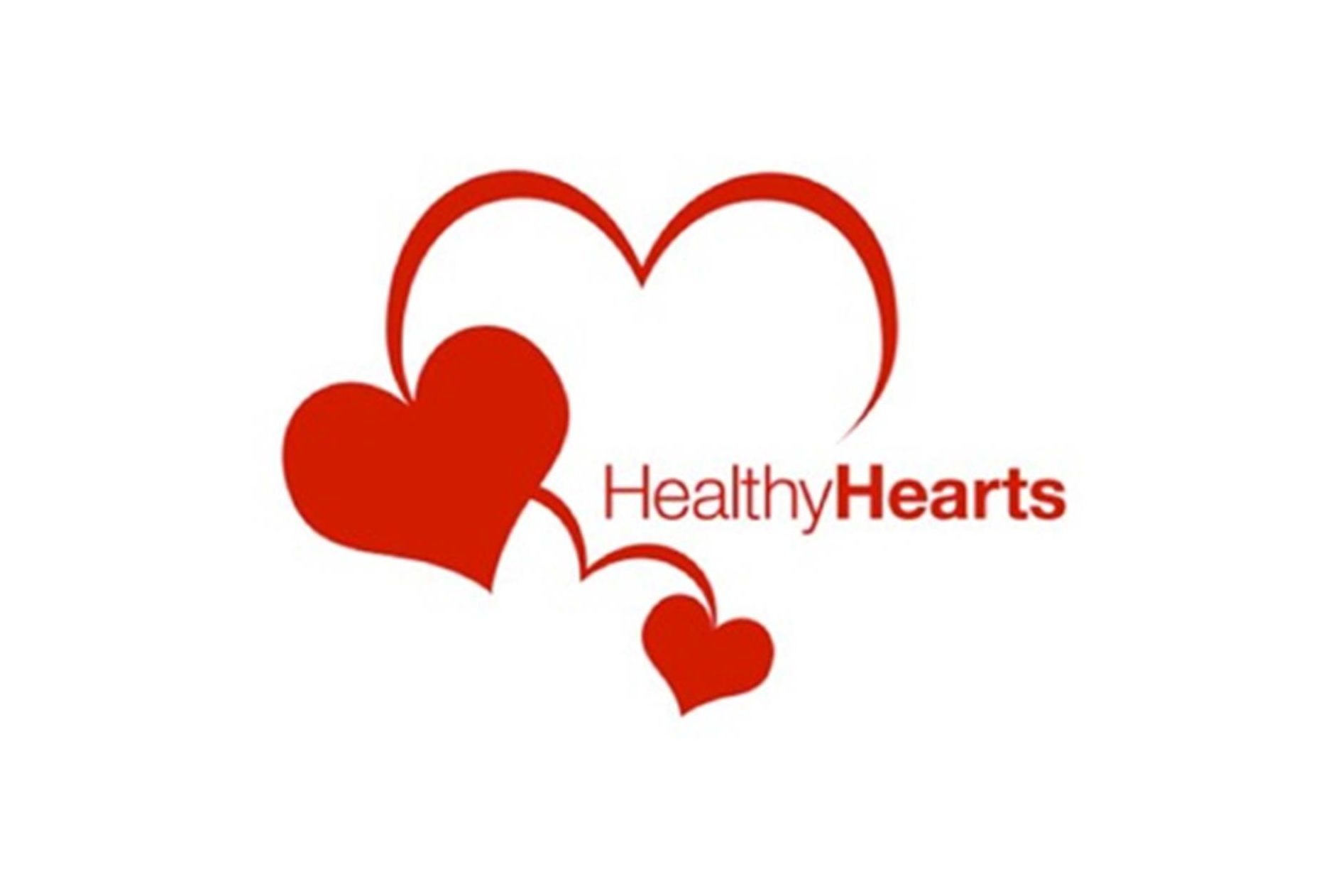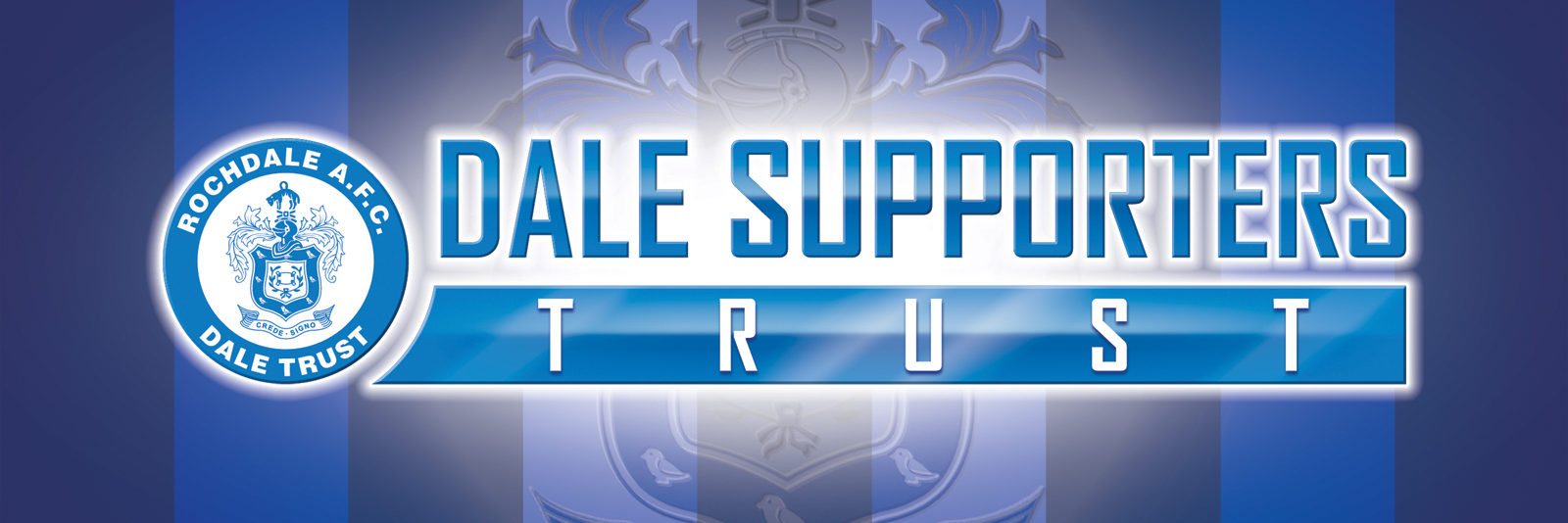
Treatment – High cholesterol
if you suspect you have a cholesterol problem consult your GP or Health Practitioner
Diet
Eating a healthy, balanced diet low in saturated fats can reduce your level of “bad cholesterol” (LDL).
Try to avoid or cut down on the following foods, which are high in saturated fat:
- fatty cuts of meat and meat products, such as sausages and pies
- butter, ghee and lard
- cream, soured cream, crème fraîche and ice cream
- cheese, particularly hard cheese
- cakes and biscuits
- chocolate
- coconut oil, coconut cream and palm oil
The government recommends that a maximum of 11% of a person’s food energy should come from saturated fat.
This equates to no more than:
- 30g of saturated fat a day for the average man
- 20g of saturated fat a day for the average woman
Children should have less.
Check the labels on the foods you’re eating to find out how much saturated fat you’re consuming.
Read more about the saturated fat guidelines.
Omega-3 fatty acids
Many experts believe that the fats found in avocados and oily fish, such as mackerel, salmon and tuna, are good for you.
These are known as omega-3 fatty acids, and high doses can improve (lower) triglyceride levels in some people.
But too much omega-3 fatty acids can contribute to obesity.
For people with a high triglyceride level, at least 2 portions of oily fish a week is thought to be beneficial.
But there’s no evidence that taking omega-3 fatty acid supplements has the same benefit.
Cholesterol-lowering medication
There are several different types of cholesterol-lowering medication that work in different ways.
Your GP can advise you about the most suitable type of treatment, and may also prescribe medication to lower high blood pressure (hypertension) if it affects you.
The most commonly prescribed medications are outlined below.
Statins
Statins block the enzyme (a type of chemical) in your liver that helps make cholesterol. This leads to a reduction in your blood cholesterol level.
You’ll usually be started on a medication called atorvastatin. Other statins include simvastatin and rosuvastatin.
When someone has side effects from using a statin, it’s described as having an “intolerance” to it.
Side effects of statins include headaches, muscle pain, and stomach problems, such as indigestion, diarrhoea or constipation.
Statins will only be prescribed to people who continue to be at high risk of heart disease, because they need to be taken for life.
Cholesterol levels start to rise again once you stop taking them.
Aspirin
In some cases, a low daily dose of aspirin may be prescribed, depending on your age (usually over 40 years old) and other risk factors.
Low-dose aspirin can help prevent blood clots forming, particularly for someone who has had a heart attack, with established vascular disease, or who has a high risk of developing cardiovascular disease (CVD).
You may also be advised to have periodic blood tests to ensure your liver is functioning well.
As in all of what we publish, if you feel unwell, feel out of sorts or are worried then please consult your GP or health professional who will be able to give you personal tailored assistance
Ezetimibe
Ezetimibe is a medication that blocks the absorption of cholesterol from food and bile juices in your intestines into your blood.
It’s generally not as effective as statins, but is less likely to cause side effects.
You can take ezetimibe at the same time as your usual statin if your cholesterol levels aren’t low enough with the statin alone.
The side effects of this combination are generally the same as those of the statin on its own (muscle pain and stomach problems).
You can take ezetimibe by itself if you’re unable to take a statin.
This may be because you have another medical condition, take medication that interferes with how the statin works, or experience side effects from statins.
Ezetimibe taken on its own rarely causes side effects.
For more information, you can read the National Institute for Health & Care Excellence (NICE) guidelines about the use of ezetimibe for treating high cholesterol (PDF, 189kb).
Bile acid sequestrants (resins) or fibrates
If statins or ezetimibe don’t work for you, you may be prescribed a bile acid sequestrant or a fibrate.
Bile acid sequestrants bind to bile acids in the intestine and stop them being reabsorbed.
The body has to use cholesterol to make more bile acid, which reduces cholesterol levels in the blood.
Fibrates help to slow or halt the build-up of cholesterol in the arteries to reduce the risk of heart problems.
They’re given to people who have high cholesterol levels because they have a raised level of triglycerides in their blood.
Newer treatments
Some adults who are unable to take statins or ezetimibe may be prescribed a newer injectable medicine, such as alirocumab or evolocumab.
You may also be offered one of these medicines if you have tried taking the highest doses of other treatments to lower your cholesterol and they haven’t helped, or if you have familial hypercholesterolemia, an inherited form of high cholesterol.
Alirocumab and evolocumab help the liver remove cholesterol from the blood. They’re injected once every 2 weeks.
For more information, you can read the NICE guidelines on alirocumab and evolocumab.
Treatment for familial (inherited) hypercholesterolaemia
If your child has familial hypercholesterolaemia (FH), they’ll be seen by a specialist doctor, who can advise you about the best treatment options.
The treatment they have will depend on things such as your family history and their age and cholesterol level.
Your child may first be given statins, which they can take from the age of 10.
Once they start taking medicine for their cholesterol level, they’ll usually have to continue taking it for the rest of their life.
If your child can’t take statins, they may be offered other medicines, such as bile acid sequestrants, fibrates or ezetimibe.
Some children and adults with FH may also be offered a procedure called apheresis.
This cleans the blood to reduce the level of cholesterol in it. It’s usually offered to those who are at a higher risk of developing heart problems.
